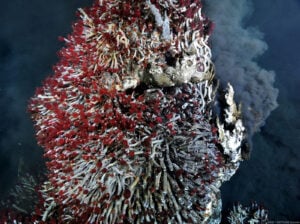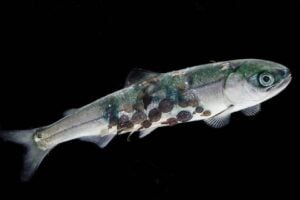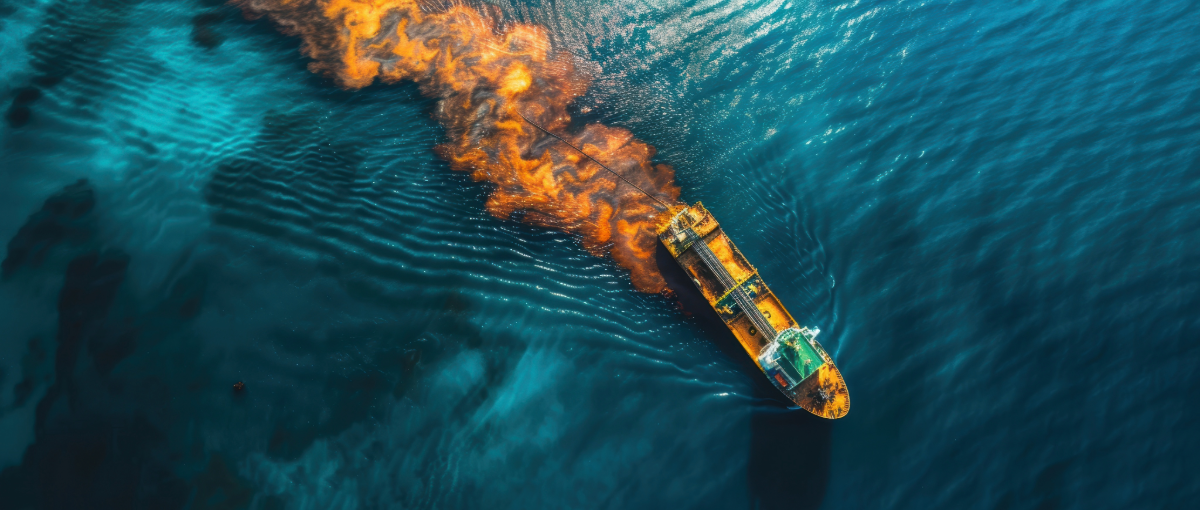
Canada is likely failing to enforce its environmental protection laws by allowing millions of tonnes of contaminated water to be released into the ocean by industrial vessels and cruise ships. This revelation comes from the investigative arm of the Commission for Environmental Cooperation, following complaints by BC organizations. This toxic wastewater shipping pollution puts BC coastal jobs, endangered species, and the ecosystem at risk.
A formal complaint to the Commission for Environmental Cooperation filed last winter by Stand.earth claimed that Canada fails to follow its own rules on preventing marine pollution from vessels–especially billions of litres of toxic scrubber wash water.
In a new statement, the commission concluded that Canada’s response to the claim raised questions about the harmful nature of wash water and Canada’s enforcement of the Fisheries Act. The commission, formed by the US-Canada-Mexico Trade Agreement, recommended that Canada prepare a formal factual record for the investigation.
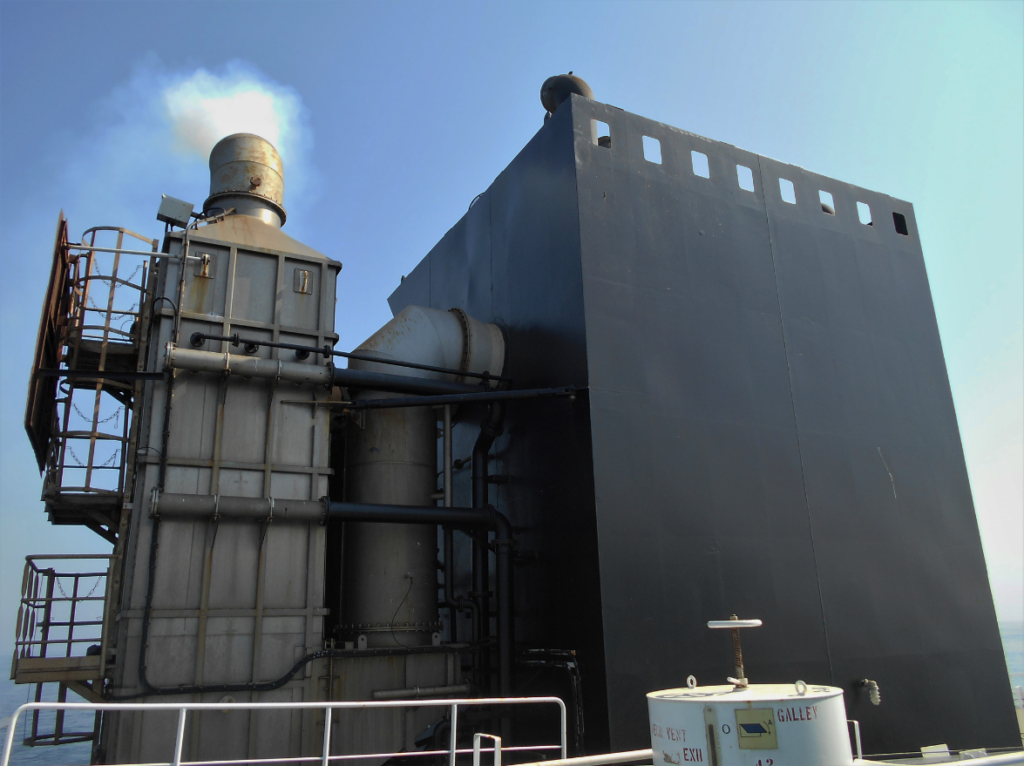
Despite Canada’s existing laws against dumping harmful substances into fish habitats, enforcement appears to be lacking. Although the federal government acknowledges the issue and claims it is enforcing its laws, data shows minimal action: officials inspected washwater discharge on only 14 ships in 2023-24 without any fines or charges, and there have been no prosecutions related to washwater.
According to Environment Canada, the use of fuel scrubbers increased 400% between 2019 and 2022. Their use was uncommon prior to new regulations restricting high-sulfur fuel in international shipping.
“Scrubbers transfer pollution from the air to the water.”
Anna Barford, Stand.earth
Scientists have discovered that discharge water from fuel scrubbers is highly acidic. This water kills plankton, limits the ocean’s ability to absorb carbon dioxide, and accumulates in the bodies of many aquatic species.
Notably, around 10% of washwater discharges occur in habitats of endangered killer whales. A 2020 study indicated that areas like Burrard Inlet and Port Moody might already have contaminant levels far beyond the safety guidelines for aquatic life.
“When you look at the total, this is an astounding amount of pollution,” said Anna Barford of Stand.earth. “We’ve been trying to get Transport Canada’s attention on this for a while now… There’s a lack of enforcement. The government pointed to a number of enforcement issues that don’t address ongoing systemic pollution. Scrubbers are business as usual, and business as usual means a lot of pollution.”
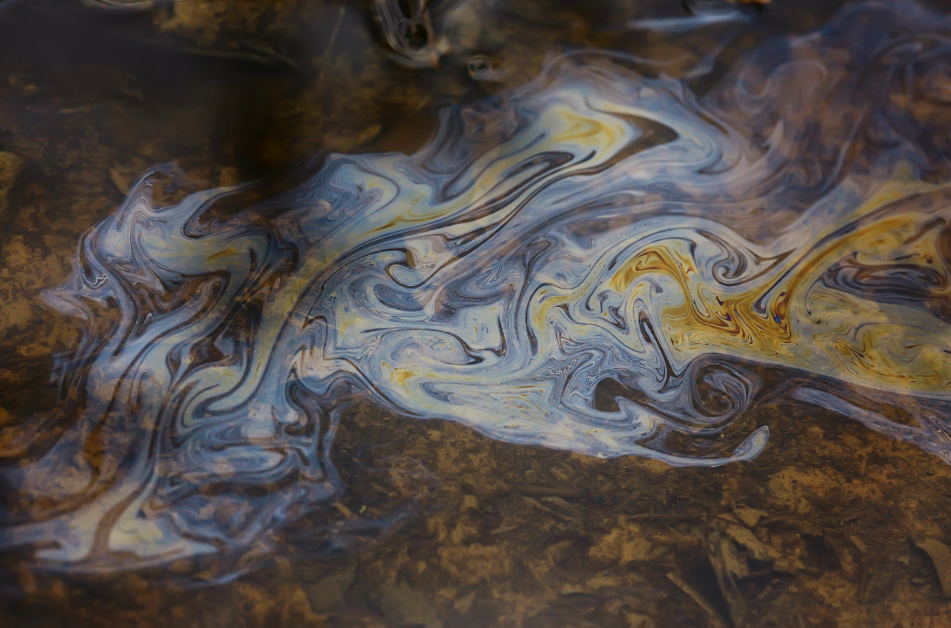
California and Denmark have already banned washwater discharge, Barford said.
The Commission for Environmental Cooperation’s governing body, a three-person panel with one delegate from each nation, will now decide within 60 business days whether to launch a full investigation. If they do, a full report will be released 120 days after that.
This is not the first time federal action on the cruise industry has been demanded. Others calling for stronger environmental regulation include the Union of BC Municipalities, which passed a resolution in 2023; a petition signed by 50,000 people; and Courtenay-Alberni MP Gord John calling cruise ship discharge “harmful to human health, aquatic organisms, and coastal ecosystems.”
To learn more about this story, check out this article.


